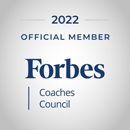Salespeople fall into three categories (amateur, professional, or elite) depending on their experience, success, and practice.
Amateur status is defined by:
- Does not receive financial incentives to perform
- Has raw talent
- Lacks experience
- Has inconsistent results
Professional status is achieved when:
- Receives financial incentives to perform
- Has cultivated their raw talent through many hours of practice
- Has experience and some expertise
- Has become consistent when competing
Elite performance is recognized by:
- Has many of the same attributes and experience as a professional
- Can perform at the highest level of pressure to win. Is a clutch performer?
If you are “in” sales, you receive a financial incentive to win. You’re assumed to have talent, but in what – sales? And if you don’t win often, you are inconsistent – but in what, sales? You’re assumed to practice, but what are you practicing – sales?
In golf, the more consistent the golfer is with his swing when striking the ball, the more he will win. In soccer, the more consistent the player is with controlling and striking the ball, the more she will score and help her team win. Same goes for tennis. So, what should a salesperson become consistent in?
The one skill that combines all the experiences of winning a sale – trust, rapport, listening, learning, asking questions, and expressing opinions – is conversation. Conversation is to sales what a swing is to golf or tennis, a ball strike is to soccer. Conversation is the backbone of sales performance.
A good salesperson is consistent and clutch with their conversations. But the type of conversations you have probably don’t lend themselves to being consistent or clutch. Why? Your current conversations are structured in such a way to position your technology and expertise as the value. But these are sales conversations. Prospects don’t make a sales decision. They make a change decision. The real skill lies in helping your prospects debate and evaluate change. Maybe it’s time your conversations start aligning with what your prospects have to do – debate the uncertainty of change, instead of what you want them to do, which is to agree to hire you?
Elite performance is not predicated on knowing technical shit, or having years of experience. You become elite when you are able to help another human being evaluate, debate, and embrace the uncertainty and unpredictability of making a change – whether it includes you or not.



